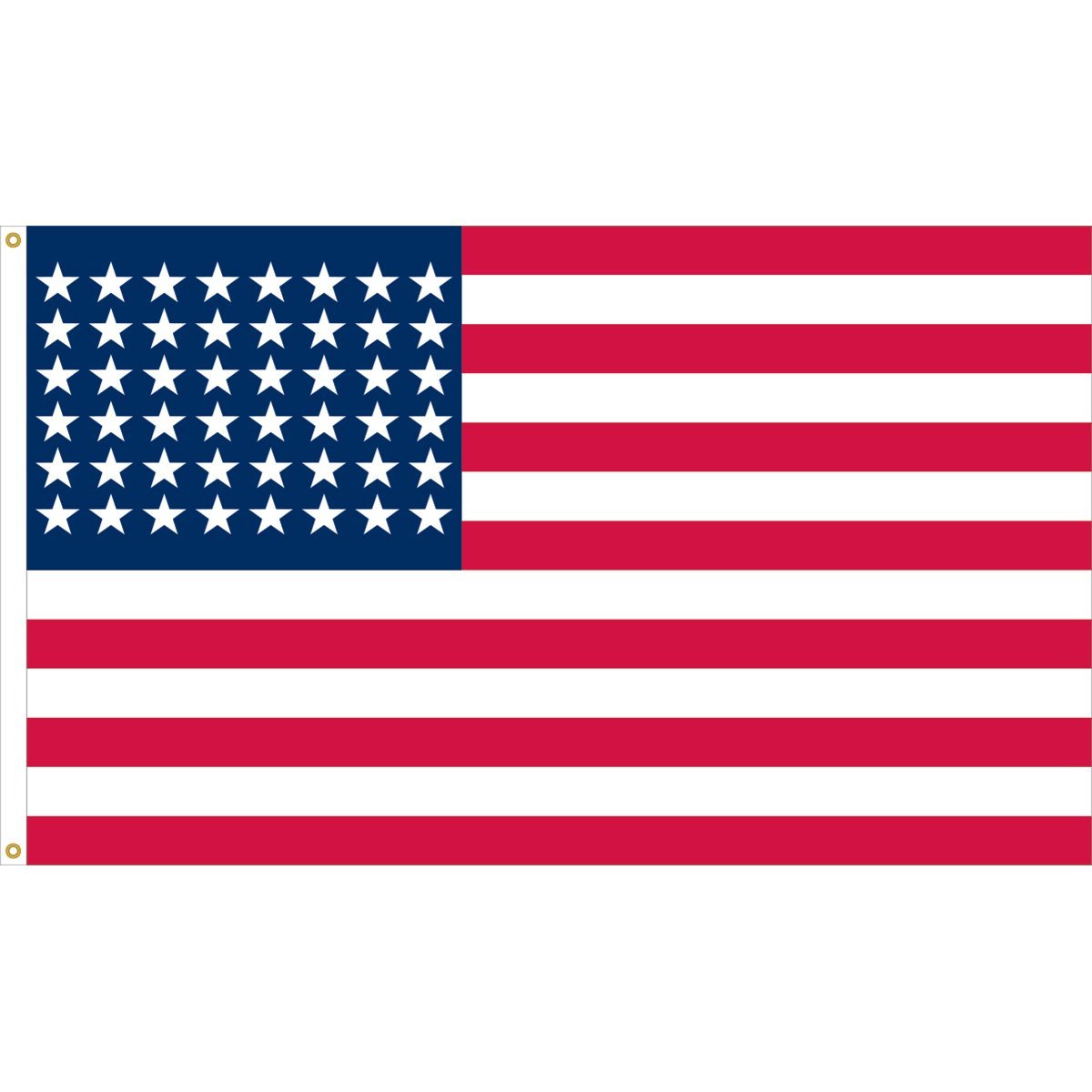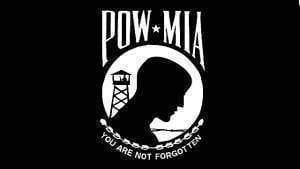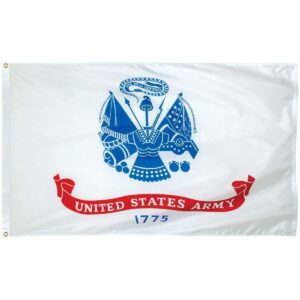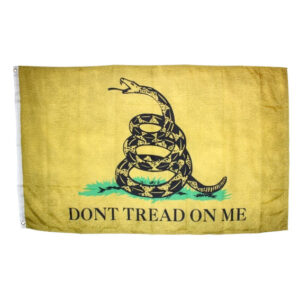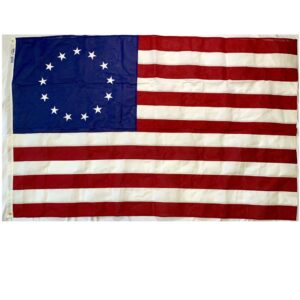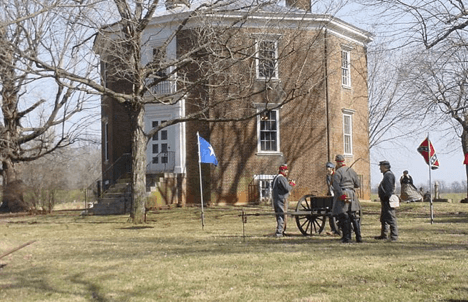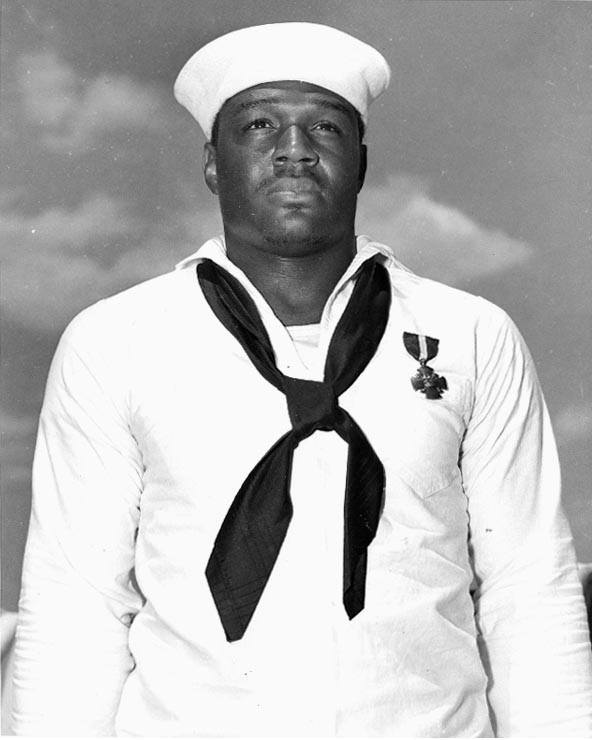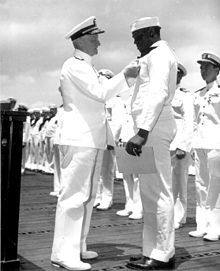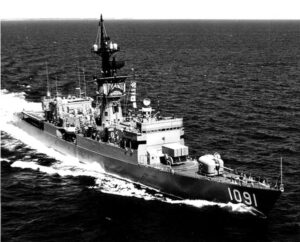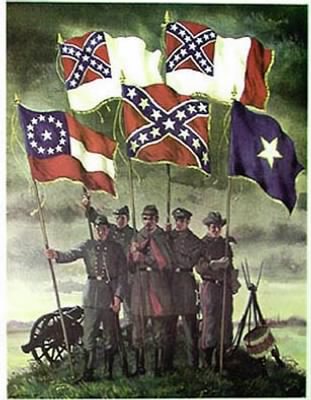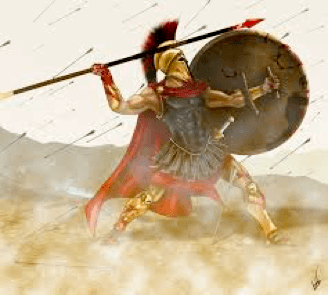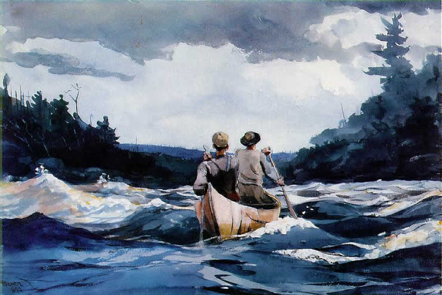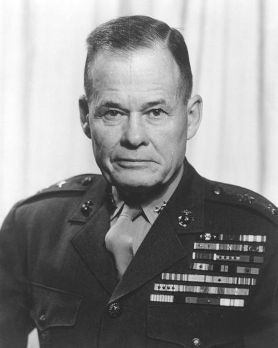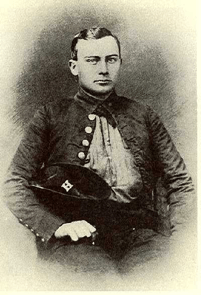
Reading about the Civil War would certainly be a lot less interesting without the firsthand accounts of our Confederate friend, Sam Watkins of Company H, 1st Tennessee.
Here is his story of how one day he applied for a furlough. You probably already have an idea of how this is going to go. He writes:“Now, reader, here commenced a series of red tapeism…. It had to go through every officer’s hands, from corporal up.”“Well, after getting the corporal’s consent and approval, it goes up to the sergeant. It ain’t right! Some informality, perhaps, in the wording and spelling. Then the lieutenants had to have a say in it, and when it got to the captain, it had to be read and reread, to see that every ‘i’ was dotted and ‘t’ crossed, but returned because there was one word that he couldn’t make out.”“Then it was forwarded to the colonel. He would snatch it out of your hand, grit his teeth, and simply write ‘app.’ for approved. This would also be returned, with instructions that the colonel must write ‘approved’ in a plain hand, and with pen and ink.”“Then it went to the brigadier-general. After reading carefully the furlough, he says,’Well, sir, you have failed to get the adjutant’s name to it. You ought to have the colonel and adjutant, and you must go back and get their signatures.’”“After this, you go to the major-general, who never smiles, and tries to look as sour as vinegar. He looks at the furlough, and looks down at the ground, and then says, ‘Well, sir, this is all informal,’ and hands it back to you.”“You take it, feeling all the while that you wished you had not applied for a furlough, and by summoning all the fortitude that you possess, you say in a husky and choking voice, ‘Well, general (you say the ‘general’ in a sort of gulp and dry swallow), what’s the matter with the furlough?’ He-takes the furlough and glances over it, and tells his adjutant to sign the furlough.”“You feel relieved. You feel that the anaconda’s coil had been suddenly relaxed.”“Then you start out to the lieutenant-general; you find him. He is in a very learned and dignified conversation about the war in Chili. Well, you get very anxious for the war in Chili to get to an end. The general pulls his side-whiskers, looks wise, and tells his adjutant to look over it, and, if correct, sign it. He takes hold of the document, and writes the lieutenant-general’s name.”“Now, reader, the above is a pretty true picture of how I got my furlough.”
Seems like some things don’t change much – even after 150 years!
Thanks for reading. Please share our posts with your friends and family so they too can learn more about Southern Heritage and History.
Brought to you by: Ultimate Flags


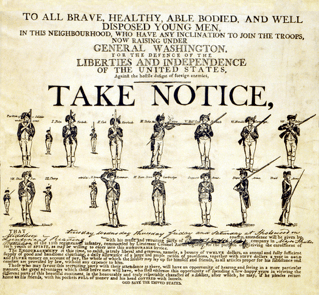
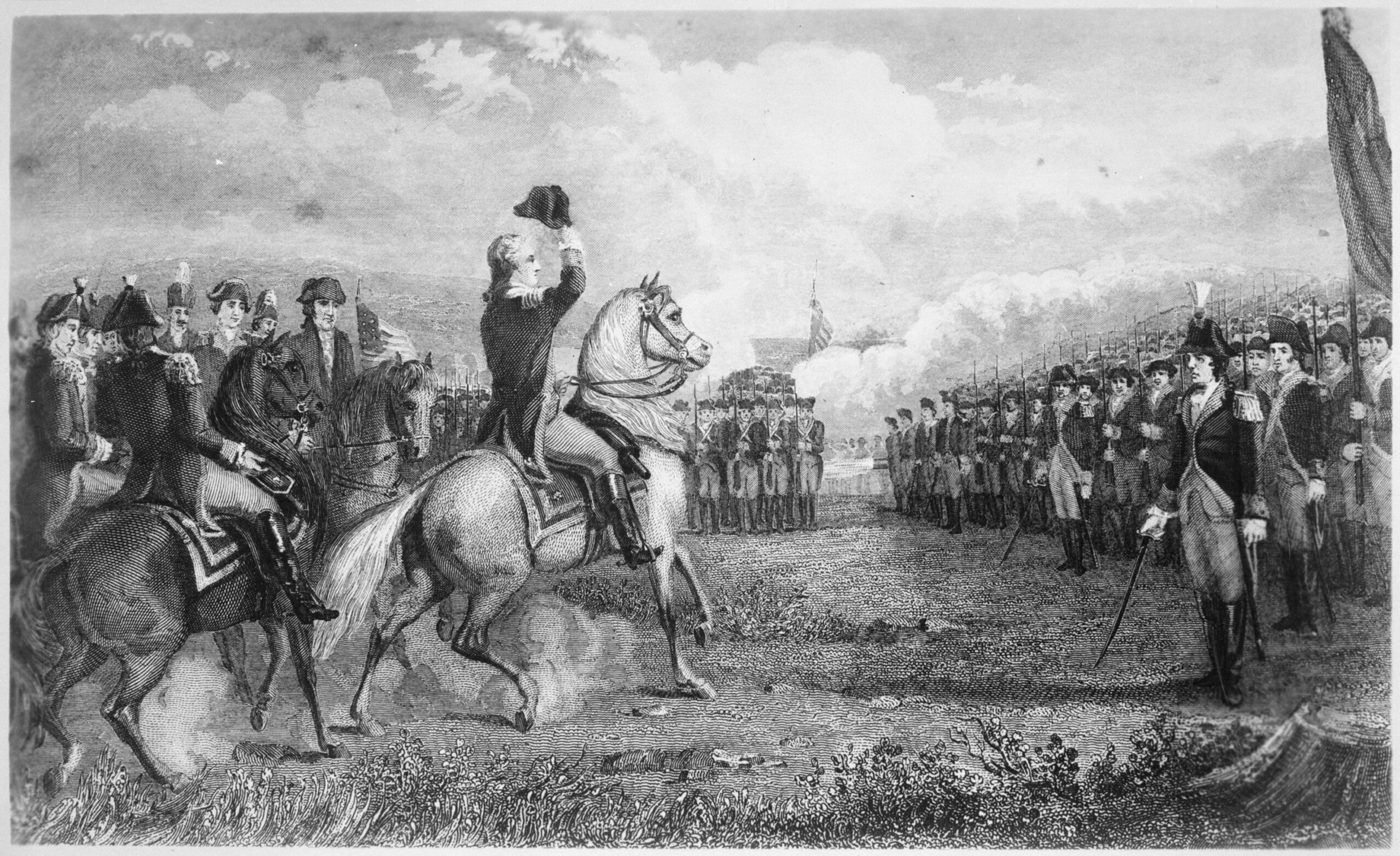
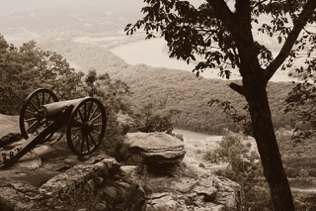
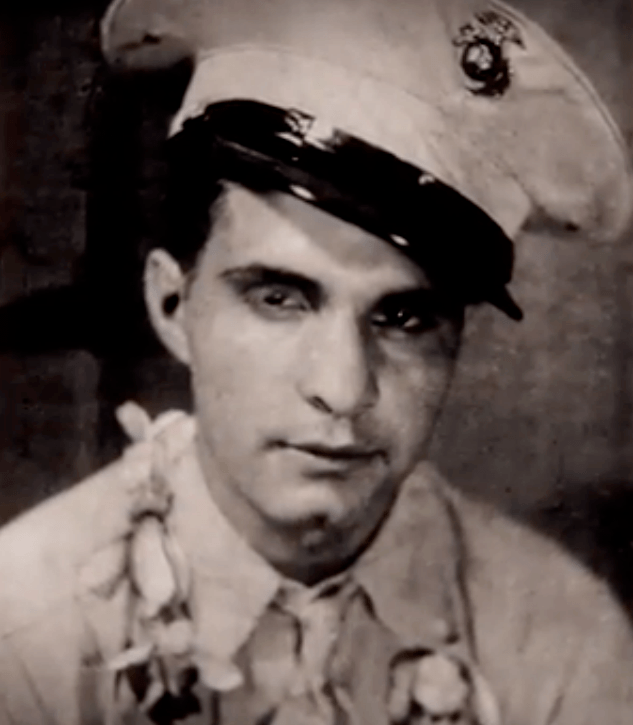
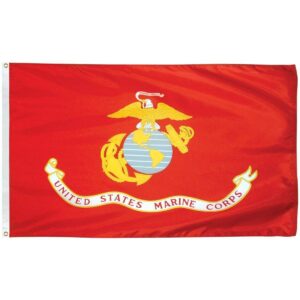
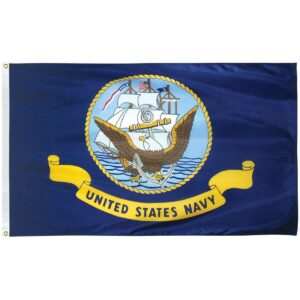
 American Flags – Buy Now!
American Flags – Buy Now!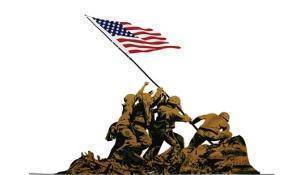
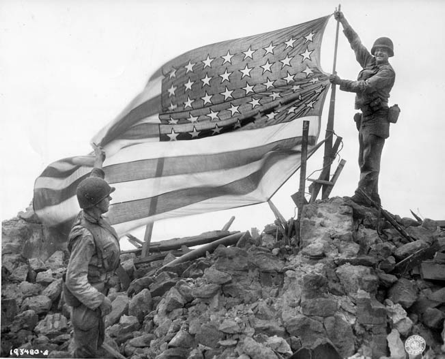
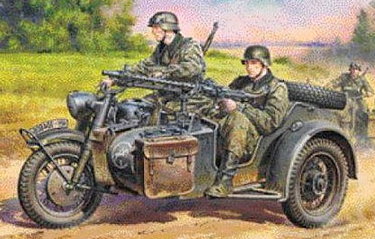 They commandeered anything on wheels––from bicycles to motorcycles to horses from the surrounding German countryside––to make a mad dash across northern Germany.
They commandeered anything on wheels––from bicycles to motorcycles to horses from the surrounding German countryside––to make a mad dash across northern Germany. 